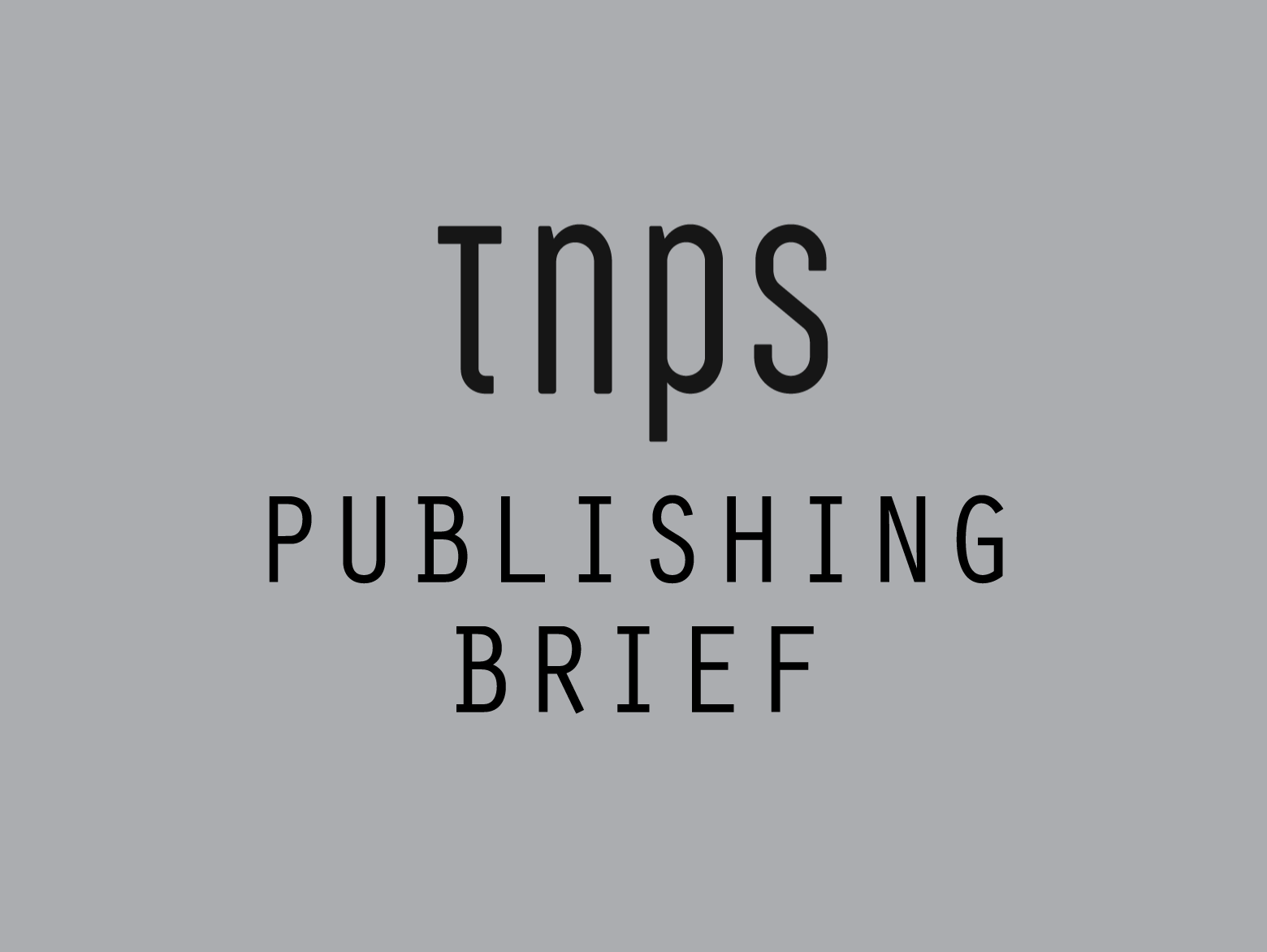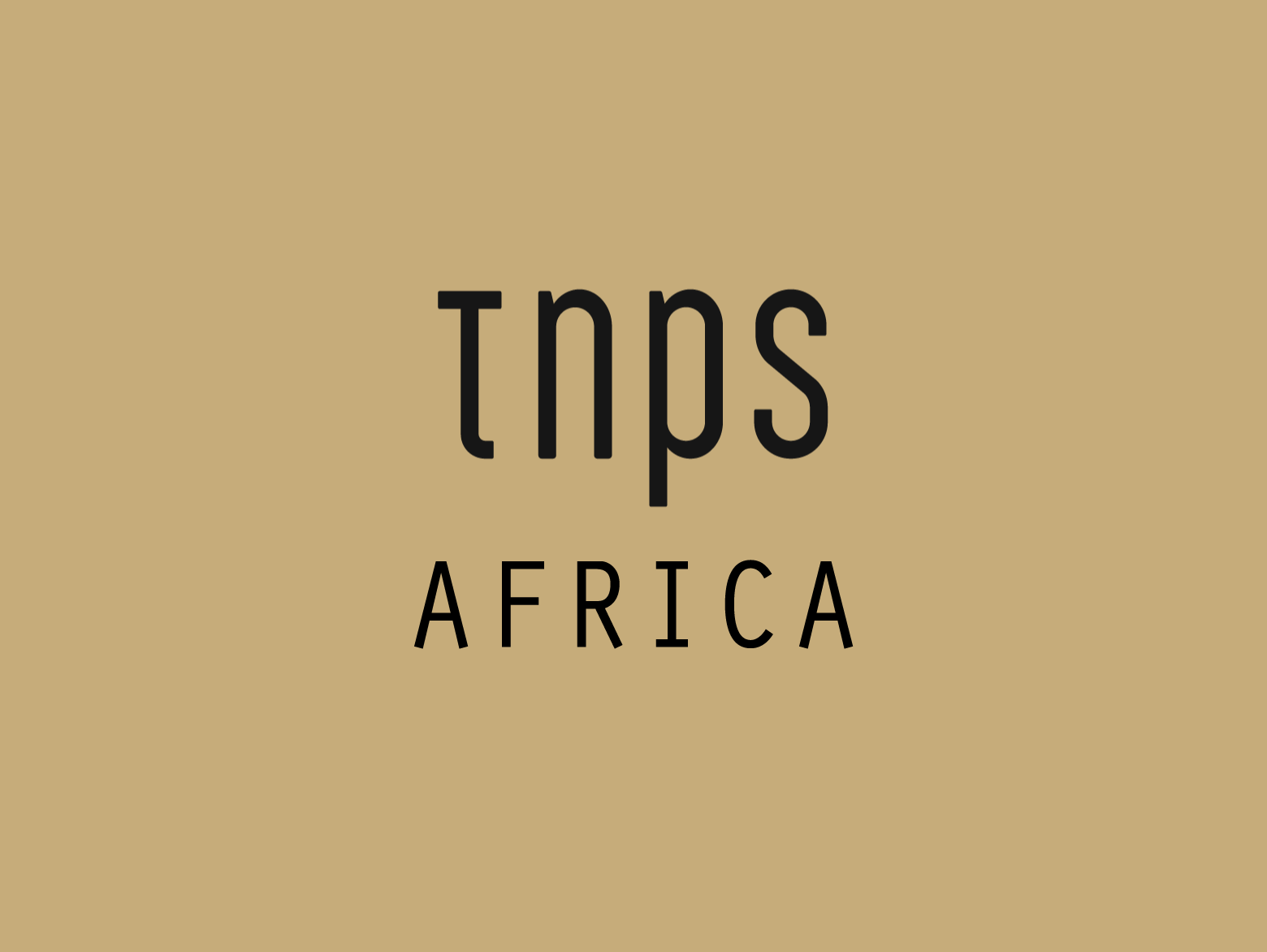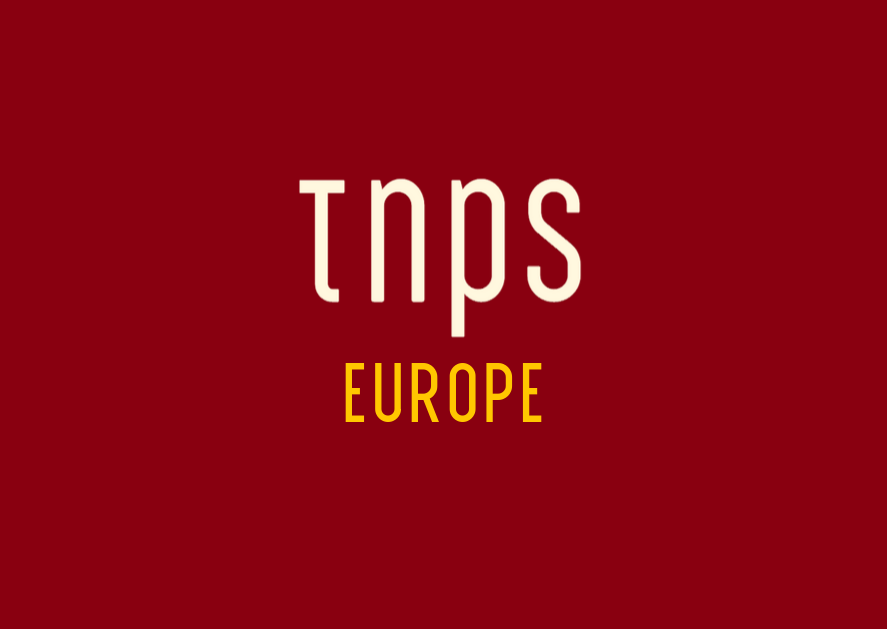This might be a job for Robert Mueller. Or maybe not.
Anobii (aka aNobii) has had an eventful history, from innovative start-up in 2006, just pre-dating Goodreads, to victim of Russian hackers in 2017.
But who knew it even still existed?
While Goodreads became popular enough to be bought by Amazon, aNobii (which I’ll hereon refer to by its modern incarnation anobii (no capitals, not even in the right place!) got passed from buyer to buyer like a relay baton on an oval track, going nowhere fast.
Anobii (the name comes from the Latin anobium punctatum, or common bookworm, but you probably already knew that) began life as a book-lovers’ social network akin to Goodreads, but then in late 2010 came under the beady eye of the UK’s HMV Group, which in league with publishers HarperCollins, Random House and Penguin (this before the Penguin Random House merger), had ambitious plans to orientate the social network towards actually selling ebooks.
It didn’t work out.
HMV, once famous for its logo with Nipper the dog listening to a gramophone playing (HMV = His Master’s Voice), was a shadow of its former self, reeling from the impact of falling DVD and CD sales as buyers inconsiderately turned to the internet.
HMV was also the owner of the UK bookstore chain Waterstone’s (it had an apostrophe back then), and, this just as Amazon launched the Kindle UK store, it seemed HMV and its publisher partners thought they could get a bit of the ebook action.
Waterstone’s even had its own ebook store, such was HMV’s commitment to the ebook opportunity then just unfolding.
But HMV had bigger problems than competing with the Kindle UK store (which back then was a 98lb weakling and HMV might have kicked sand in Jeff Bezos’s face had it got its act together).
Instead HMV went into slow bankruptcy (the Brits are great at making a simple liquidation a long, drawn-out process of dismemberment) through 2013-14, only surviving that long because it sold Waterstone’s in 2011 to the Russian billionaire Alexander Mamut for £53 million.
Fast forward to 2017 and HMV is history, Mamut is set to sell Waterstone’s for £250 million, and taking the story full circle the Russians have hacked anobii.
But don’t worry, no Democratic candidates were harmed in the hacking and Robert Mueller will not be leading an investigation into the event.
Ah, but how, you might be asking, is anobii still going and getting hacked at all, if HMV is history?
That will be because HMV in 2012, as part of its clutching at straws survival strategy, sold its interest in anobii to the UK supermarket chain Sainsbury. For £1.
At this time – bear with me if this gets confusing – anobii was both anobii.com, the booklovers social network, and beta anobii.com, which became the short-lived Sainsbury ebook store.
Yes, for a short while the UK supermarket Sainsbury sold ebooks. As did its bigger rival Tesco (first as Tesco ebooks then a second attempt as Tesco Blinkbox).
This could have been so exciting. Two massive (by UK standards) supermarkets selling ebooks. Not indie ebooks, just trad pubbed titles, almost direct from the publishers via anobii.
Could they have competed with Amazon’s Kindle UK? Personally, I think yes, had they been given a fair crack of the whip. But fate was against them.
Tesco closed its ebook store in 2015, after less than a year. It handed over its clients to Rakuten Kobo.
In September 2016 Sainsbury handed over its ebook clients to Rakuten Kobo.
In both cases bigger storms in the supermarket business, not Amazon per se, shut down the digital ambitions of the two players.
What happened to anobii?
It got bought again, this time by the Italian publisher Arnoldo Mondadori Editore.

Which brings us to the email going out today, beginning, don’t laugh, “Dear Anobians.”
We have been through dire straits lately (as Anobians, we mean). The site should be working much better now. We never told you before, not to appear as we were selling excuses, but , ridiculous as it might sound…we have been under a massive Russian hackers attack. Sounds hilarious, but that’s it …Thus, we were constrained to shut down many functionalities and keep Anobii in very low configuration, reducing the possible interactions you were able to carry out.
Apparently it’s all fixed now and, aside from the on-going translation of the site into eight languages (presumably not including Russian), it should be safe to visit.
I’ve just been there and it all looks much as it did last time I went there…about four years ago.
That said, I haven’t visited Goodreads for even longer than that, so don’t misread my indifference to anobii as typical.
The fact that anobii is still here, eleven years on, despite all the setbacks, suggests they must be doing something right.





